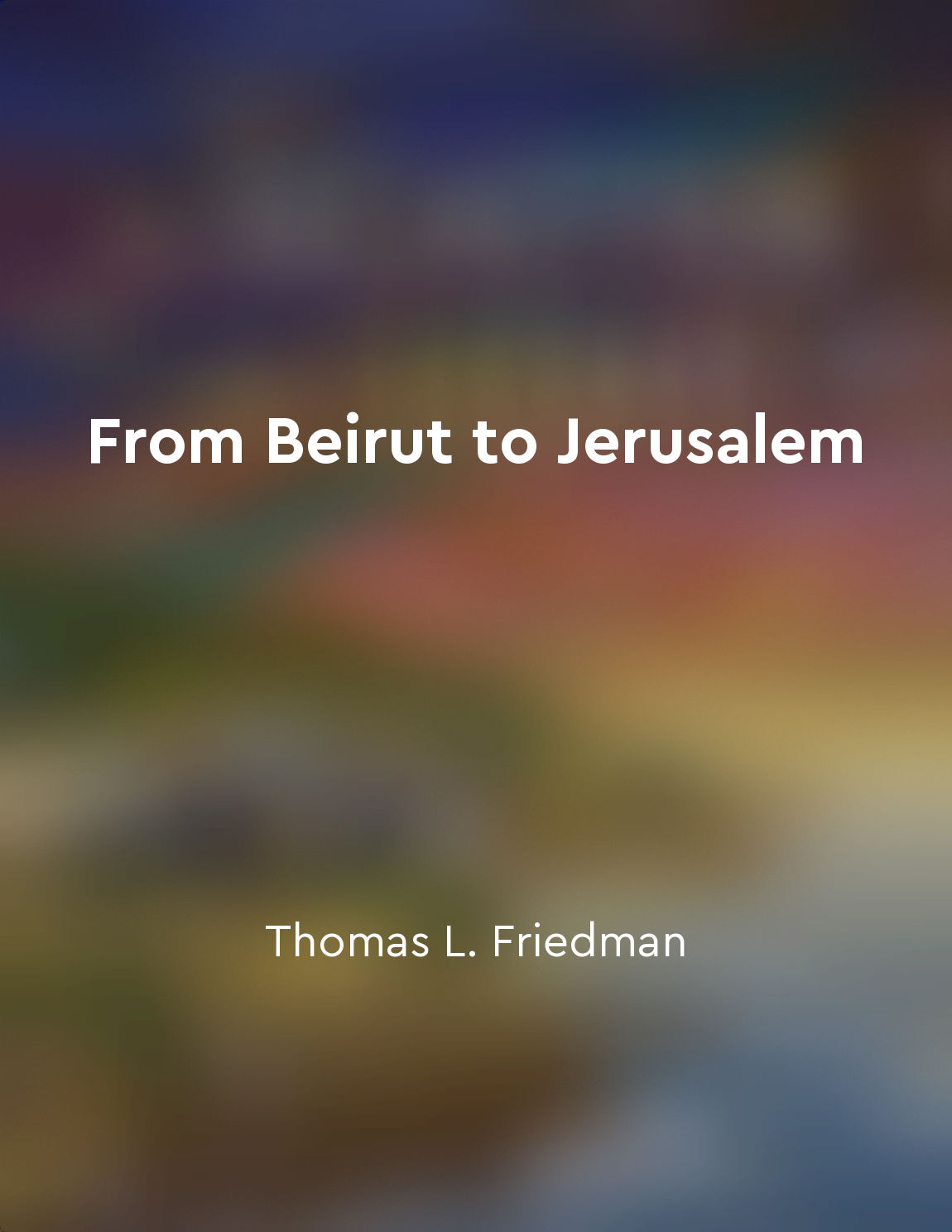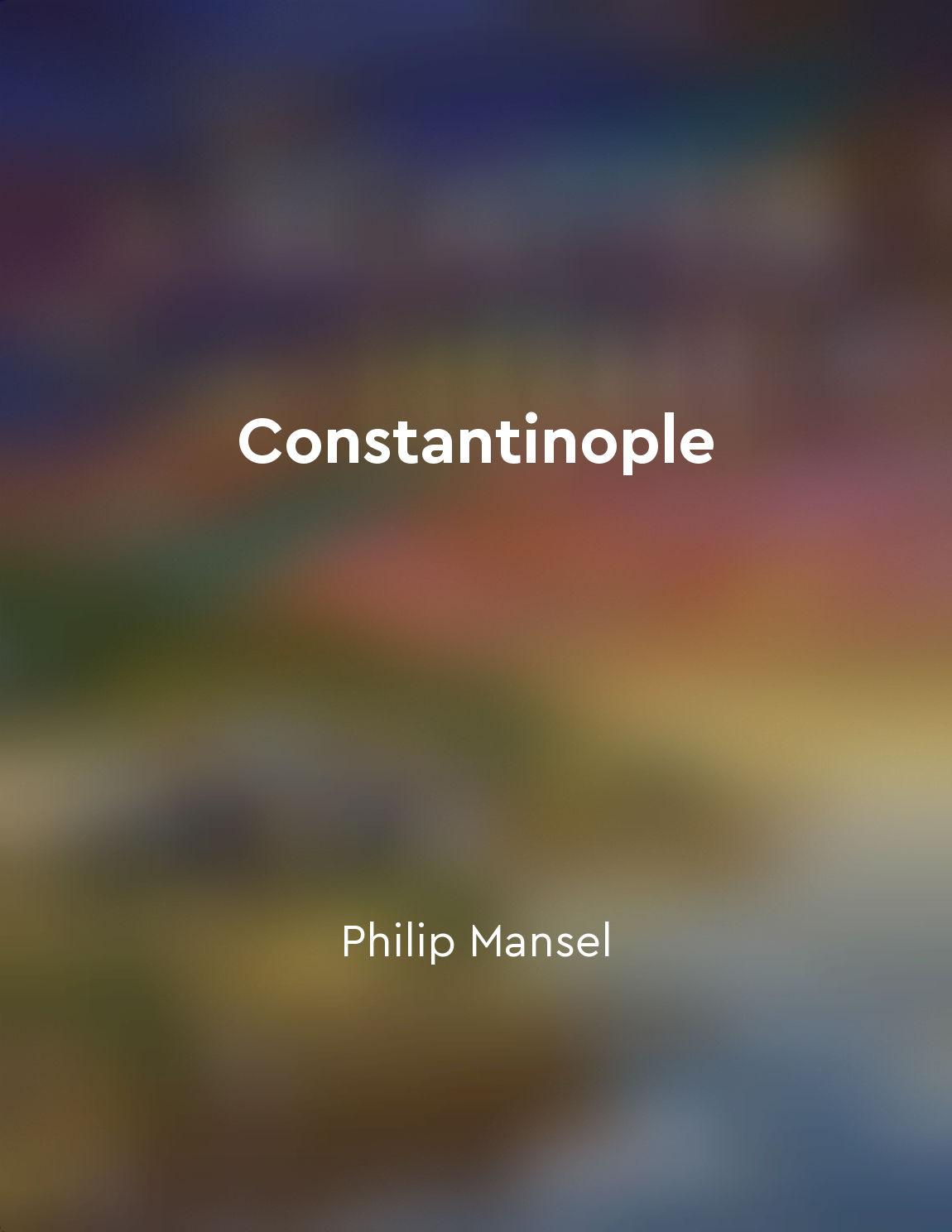Beirut and Jerusalem are two cities with complex histories from "summary" of From Beirut to Jerusalem by Thomas L. Friedman
Beirut and Jerusalem are both cities with rich histories that have been shaped by a multitude of factors over time. From ancient times to modern day, these cities have seen conquests, conflicts, and changes in power that have left lasting impacts on their cultures and societies. Beirut, once known as the "Paris of the Middle East," was a vibrant and cosmopolitan city before being torn apart by civil war in the 1970s and 1980s. The civil war in Lebanon brought destruction and chaos to Beirut, dividing the city along religious and sectarian lines. The scars of this conflict are still visible today, as Beirut continues to rebuild and reconcile its past with its present. Similarly, Jerusalem has a complex history that is intertwined with religious, political, and cultural significance. Jerusalem is considered holy by three major religions – Judaism, Christianity, and Islam – which has led to centuries of conflict and contestation over the city. The Old City of Jerusalem is a microcosm of this complexity, with its ancient walls housing holy sites that are revered by millions around the world. The Israeli-Palestinian conflict has added another layer of complexity to Jerusalem's history, with both sides claiming the city as their capital. Both Beirut and Jerusalem are cities that have been deeply affected by outside influences, from colonial powers to regional conflicts. These external forces have shaped the identities of these cities and their inhabitants, creating a sense of resilience and adaptability in the face of adversity. Despite their turbulent pasts, both Beirut and Jerusalem continue to be hubs of culture, art, and innovation in the Middle East.- Beirut and Jerusalem are cities with complex histories that reflect the multifaceted nature of the Middle East. Their stories are marked by conflict, resilience, and cultural richness that make them unique and compelling to study. By examining the histories of these cities, we can gain a deeper understanding of the region and the forces that have shaped it over time.
Similar Posts
Ancient Israelites believed in monotheism
The ancient Israelites were firm believers in the concept of monotheism, the belief in one God. This fundamental tenet of their...
The Babylonian exile marked a turning point in Jewish history
The Babylonian exile, which lasted from 586 to 538 BCE, was a significant event in Jewish history. It marked a turning point fo...
There is a danger in essentializing religions as inherently violent or peaceful
To essentialize religions as inherently violent or peaceful is to oversimplify complex phenomena. It ignores the diversity of b...

Friedman advocates for a more nuanced approach to understanding the region
In his analysis of the Middle East, Friedman emphasizes the need for a more sophisticated understanding of the region. He argue...

Tourism boom
The concept of a tourism boom in Constantinople is a fascinating one, as it sheds light on the city's evolution and appeal to t...

